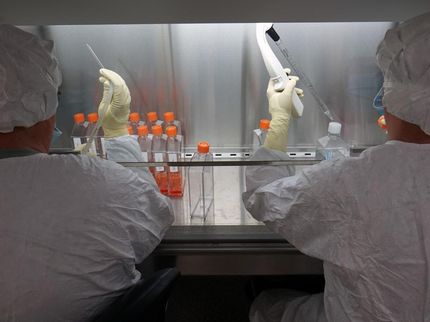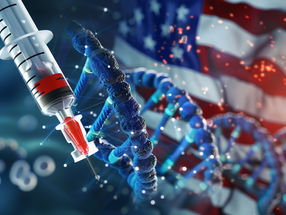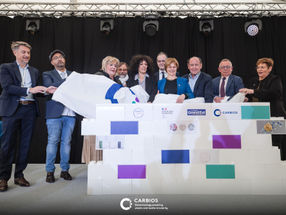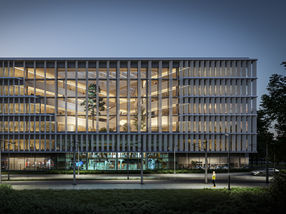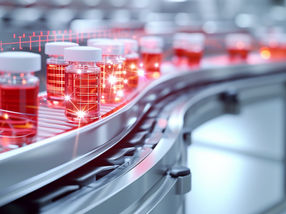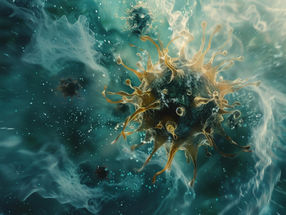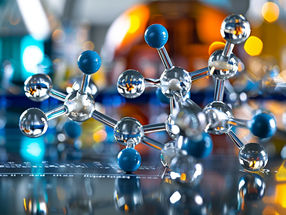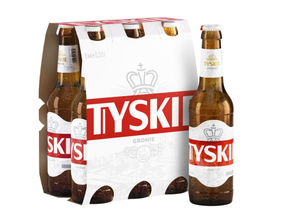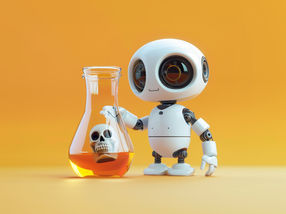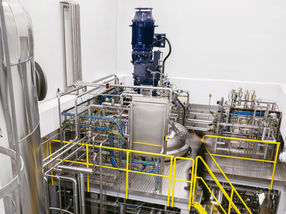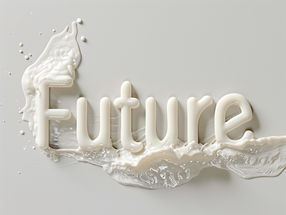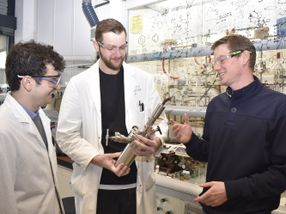More focused targets coupled with significant advances in
genetic engineering are rekindling interest in the immense potential of therapeutic
monoclonal antibodies (Mabs). Addressing the need for alternative therapy options, Mabs are expected to become relevant in the treatment of autoimmune and inflammatory disorders, cardiovascular
diseases, organ transplants, and
infectious diseases. According to a new analysis by strategic market consultants
Frost & Sullivan high prices will, however, restrain uptake pending detailed cost-benefit analysis.
Amongst the principal benefits of Mabs is their ability to target specific cells or chemical mediators that could be involved in disease causation. This specificity confers certain clinical advantages on Mabs over more conventional treatments while offering patients an effective therapy option with generally low side effects.
"The low side effect profile of Mabs not only provides the patient with a well-tolerated therapy, but also reduces the overall disease-management costs. This, in addition to the relatively easy administration regimen should result in a greater degree of patient compliance and broader market acceptance, " says Frost & Sullivan Industry Analyst Jennifer Cassels.
Ms. Cassels explains: "A large proportion of Mabs in clinical development are being investigated for treatment of more than one disease or for different forms of the same disease. Although it is believed that most will be approved initially for specific forms of a disease, label expansion is likely, hence, widening the patient population that can be treated and increasing potential revenue generation."
Reflective of this trend is
Remicade, which was initially approved for the treatment of severe and active
Crohn's disease, and subsequently gained marketing authorisation for reducing the signs and symptoms associated with
rheumatoid arthritis. Remicade has a total of five separate indications, widening its target patient population and potential revenue generation.
The initial generation of mouse antibodies-based Mabs were immunogenic, rendering them both toxic and ineffective for use in humans. Since then, technological advances have facilitated the development of humanised and fully human
antibodies, thereby improving the therapeutic potential of Mabs. These Mabs are less immunogenic, more effective, and do not evoke a human anti-mouse antibodies (HAMA) response.
In December 2002, the first fully human Mabs won approval in the U.S. although they still await the green signal in Europe. If the benefits associated with human Mabs are confirmed, the challenge for companies will be to develop their own human antibody producing technology platforms rather than depend on technology-licensing deals with other companies.
At present, the limited efficacy of conventional therapies, especially in the case of several autoimmune and inflammatory disorders, is creating a high demand for safe and effective treatment alternatives. While this situation has provided impetus to Mabs, market success will depend on clearly demonstrating their clinical benefits as well as rationalising high costs.
The price of currently available monoclonal antibody therapies is far higher than that of conventional drug treatments, but is comparable to other novel therapies with similar indications. High costs assume particular importance when Mabs are used as an adjuvant therapy to conventional drugs, or in cases where continuous treatment is required, which is the situation predicted for chronic disorders.
"It is clear that cost-benefit analysis needs to be addressed as well as comparative studies with conventional therapies and other Mabs/novel therapeutics in order to gain a clearer picture of the benefits that Mabs offer in terms of efficacy, tolerability and side effect profile. With a greater volume of evidence to support their use, cost should become less of an issue," notes Ms. Cassels.
The total therapeutic monoclonal antibodies market estimated at $296 million in 2002, is projected to surge to $2.8 billion by 2010. A flurry of product launches, high treatment price and unmet need is expected to underpin the highest growth potential of the autoimmune and inflammatory disorders segment. Mabs indicated for the treatment of rheumatoid arthritis and Crohn's, in particular, are poised to drive revenue growth.
Less encouraging signs are emerging from the
cardiovascular diseases, organ transplants and infectious disease segments. Here, revenue growth for Mabs is likley to be stifled by a lack of approved products and the highly-specific diseases targeted.
There are currently six Mabs on the market with strong competition evident only between two of them. This is reflective of the multiplicity of disease types toward which companies are targeting their product-development efforts. However, competition is set to intensify following the likely extension to license indications, the emergence of competing
biologics and the impending launch of more Mabs.
Another key trend of the competitive landscape has been the forging of strategic alliances between biotech and 'big pharma' such as that between Celltech and Pharmacia within the arthiritis segment. With vast monetary resources at their disposal, pharmaceutical companies have been crucial to later-stage development and successful marketing of novel Mabs.
"For biotech companies,
collaborations with 'big pharma' giants sets the stage not only for further increases in investment but can also cause regulatory bodies to look more favourably on the product. Confidence in the capabilities of Mabs is instilled if 'big pharma' is willing to get involved. This should ensure faster progress of products through
clinical trials into the marketplace, and bode well for future sales," concludes Ms. Cassels.

